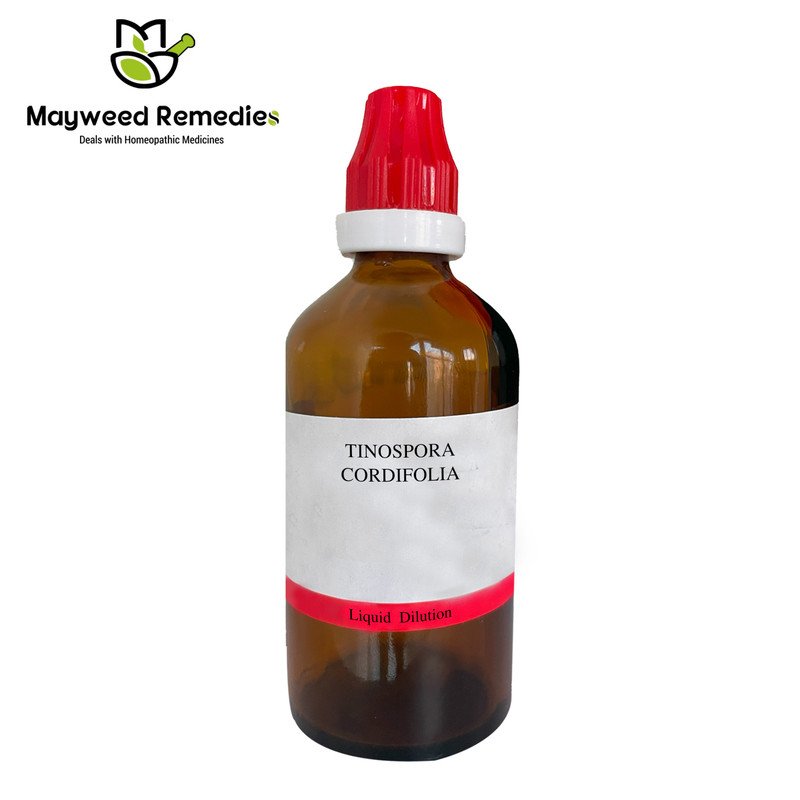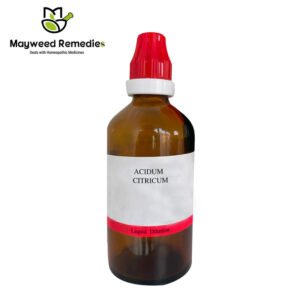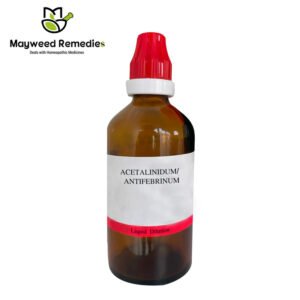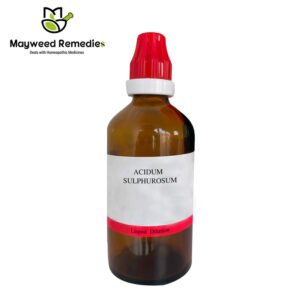It is an Indian plant, found throughout the warmer parts of India. In Hindi, it is known as ?Gilo?. It is large glabrous climber with succulent, corky, grooved stem, branches sending down slender pendulous fleshy roots, terete, striate with tubercled, pale, sometimes shining or glaucous bark. Leaves are membranous, 7 to 9 nerved and 5 to 10cm in diameter, cordate, glabrous, acute or acuminate; patiole 2.5 to 7 cm long. Racemes exceeding the leaves, axillary, terminal, bracts subulate.[1]
It contains alkaloids including berberine, choline, tembetarine, magnoflorine and tinosporin, diterpenoid lactones, glycosides, steroids, sesquiterpenoid, aliphatic compound, and other bitter substances.
A homoeopathic tincture is made from the stem. It is covered by Homoeopathic Pharmacopoeia of India.
Clinical
Seminal debility; fevers, esp. in intermittent fevers; jaundice; splenic affections; leprosy; leucorrhoea; rheumatism; skin diseases; secondary syphilis, genito-urinary troubles such as gonorrhoea, dysurea, etc.[2] It is also indicated in enlarged spleen and elephantiasis.[3],[4]
Fever
Acute or chronic malarial fever; temperature rises in the afternoon with chill and shivering, bilious vomiting with thirst and headache. Chronic slow fever with history of gonorrhoea and weakness due to seminal loss. Bad effect of quinine which causes continuation of fever with burning in hands face; jaundice, etc. It is reported to increase platelet count and reduce the body temperature in short duration particularly in fever.[5],[6],[7],[8]
Urine
Frequent passage of small quantity of urine with burning while urinating; urine mixed with pus.2
Heart
Excessive palpitation of heart.2
References
[1] P. N. Varma, Indu Vaid, Encyclopaedia of Homoeopathic Pharmacopoeia, Updated edition 2007, B. Jain Publishers, New Delhi
[2] S. Banerjea, Fifty Homoeopathic Indian Drugs, B. Jain Publishers, New Delhi.
[3] F. Schroyens, Synthesis Treasure Edition 2009V, RadarOpus 1.33 (Homoeopathic Software), Archibel S.A. Rue Fontaine St. Pierre 1E, Zoning Industriel de la Fagne, 5330 Assesse, Belgium.
[4] R. Murphy, Homeopathic Remedy Guide, RadarOpus 1.33 (Homoeopathic Software), Archibel S.A. Rue Fontaine St. Pierre 1E, Zoning Industriel de la Fagne, 5330 Assesse, Belgium.
[5] Priyank Bharati, Rajashree Sinha, The Effect of Tinospora Cardifolia (Wild) Miers and Boerhaavia Diffusia Linn on Dengue, International Journal of Ayurvedic and Herbal Medicine, Vol 2, No 03 (2012) http://www.interscience.org.uk/index.php/ijahm/article/view/237
[6] Chauhan D.S., Lata S., Sharma R.K., Jindal M., Gupta A.K., Suman A., Rehman S., Malik P. Evaluation of role of Tinospora Cordifolia (T.cord.) in experimentally induced (busulfan induced) thrombocytopenia in rabbits. Paripex-Indian Journal Of Research, Volume : 5, Issue : 6, June ? 2016
[7] Manoj Kumar Sarangi, Shasank Soni, A Review on Giloy: The Magic Herb, Inventi Rapid: Planta Activa Vol. 2013, Issue 2
[8] Madiha Mehboob, Faisal Nouroz and Shumaila Noreen, Natural and Herbal Remedies for Dengue Prevention, Pakistan Journal of Clinical and Biomedical Research, Vol. 2 No. 2 Jul. ? Dec. 2014





Reviews
There are no reviews yet.